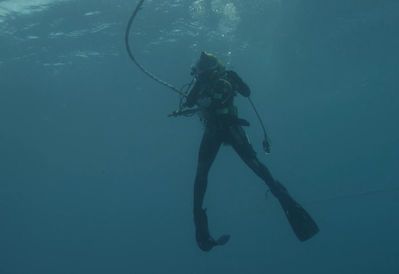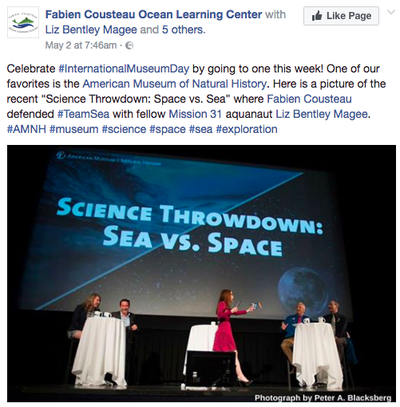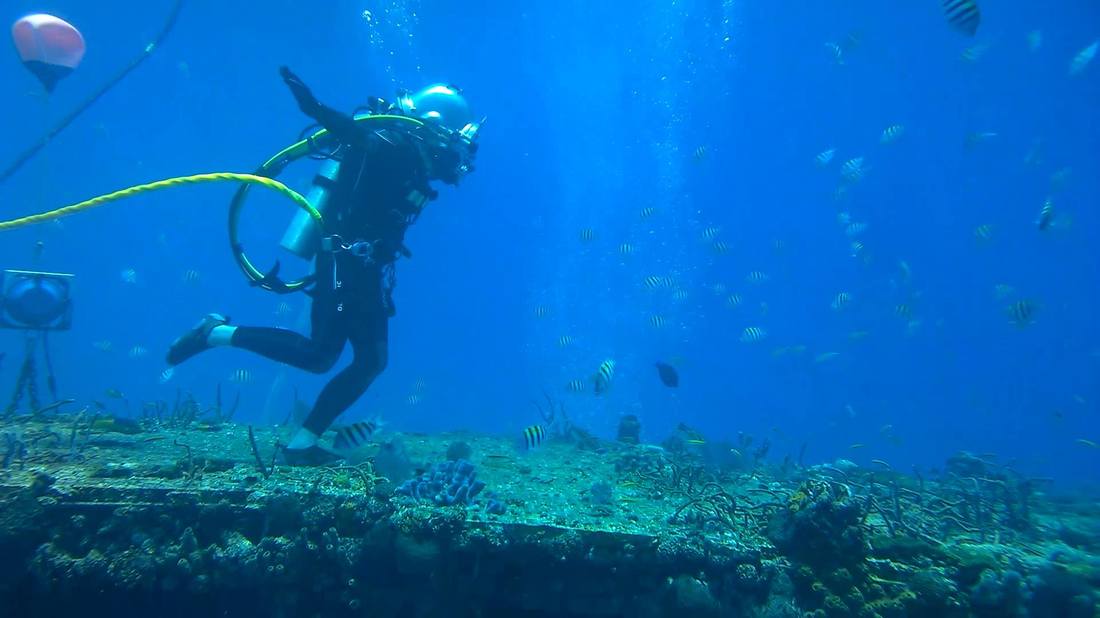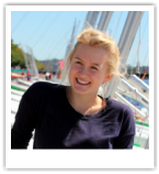Excited to announce that I’ve been offered a research position this summer at NASA’s Frontier Development Lab in Mountain View, CA. I’ll be working alongside other scientists and engineers for eight weeks in an intensive research accelerator focused on artificial intelligence.
| Hosted by the SETI Institute and NASA Ames and supported by leaders in AI from the private sector, such as IBM, Nvidia, Autodesk and Miso Technologies, FDL brings together teams of experts in the physical sciences and specialists in data science and machine learning for an intense 8-week concentrated study on topics important to NASA – and to humanity’s future. The format encourages rapid iteration and prototyping to create outputs with meaningful application, papers and conference posters. |
They've asked me to develop a project with cohorts on near-earth object 3D shape modelling and lunar water detection, topics that directly relate to my thesis (minus the "lunar" part and replace "near-earth" with "underwater" of course!). It's a fantastic opportunity to develop skills and learn from NASA in ways that will not only further develop our underwater 3D modelling techniques, but also vise versa; they'll learn from our research techniques.
Still Team Ocean
Ocean and space are commonly pitted against each other – upward vs downward – astronaut vs aquanaut, etc.
| Fabien Cousteau and Liz Magee from Mission 31 recently debated in a Science Throwdown: Space vs. Sea at the American Museum of Natural History, and Nat Geo 2011 Explorer of the Year Kenny Broad plans to highlight the topic in his Red Planet vs Blue Planet session at the National Geographic Explorer’s Festival this June. I delve into the debate’s history in my undergraduate thesis Missiles and Misconceptions: Why We Know More About the Dark Side of the Moon Than the Depths of the Ocean, TEDx Talk Why We Know More About the Moon Than the Depths of the Ocean, and in an interview for an upcoming PBS documentary based on Ben Hellwarth’s awesome book SEALAB. |
It’s not an either-or debate, however. We can explore both.
I’m looking forward to this summer opportunity at NASA for a number of reasons. I’m eager to learn from NASA methods that will enhance our underwater 3D modeling techniques while sharing what we’ve learned underwater. The experience will also provide another perspective on how public-private partnerships can work effectively to achieve defined research objectives. I believe public-private partnerships like NASA FDL and what I observed at CERN OpenLab, are the key to tackling our most urgent ocean research objectives---a vision I outlined in my 2015 TIME op-ed. Finally, I’m excited to spend weekends diving, surfing, and reuniting with West Coast friends.
I’m looking forward to this summer opportunity at NASA for a number of reasons. I’m eager to learn from NASA methods that will enhance our underwater 3D modeling techniques while sharing what we’ve learned underwater. The experience will also provide another perspective on how public-private partnerships can work effectively to achieve defined research objectives. I believe public-private partnerships like NASA FDL and what I observed at CERN OpenLab, are the key to tackling our most urgent ocean research objectives---a vision I outlined in my 2015 TIME op-ed. Finally, I’m excited to spend weekends diving, surfing, and reuniting with West Coast friends.
Many astronauts are also aquanauts, but most people don’t realize more people have been to space than have lived underwater! Several acquaintances work in both arenas: Pisces VI submarine owner Scott Waters is also on a space advisory board. FDL founding member, Jordan McRae, invented OctoTalk, a system for divers to transmit voice communications underwater. Jonathan Knowles, who is involved with FDL through Autodesk, also advises The Hydrous, an organization that 3D models corals around the world.
That said, I’m committed to Team Ocean. I’m personally drawn to water, a connection many humans have (see Wallace Nichols' book Blue Mind: The Surprising Science That Shows How Being Near, In, On, or Under Water Can Make You Happier, Healthier, More Connected, and Better at What You Do.).
Moreover, engineering-wise, while space may seem more exotic, I’d argue the ocean, particularly the deep ocean, is a more challenging work environment considering that E&M waves, upon which wifi, GPS, and many modern innovations are based, do not work, and salt water kills electronics. We’re forced to innovate.
(Thanks Somerville (Oxford) for the article with video!)





 RSS Feed
RSS Feed
